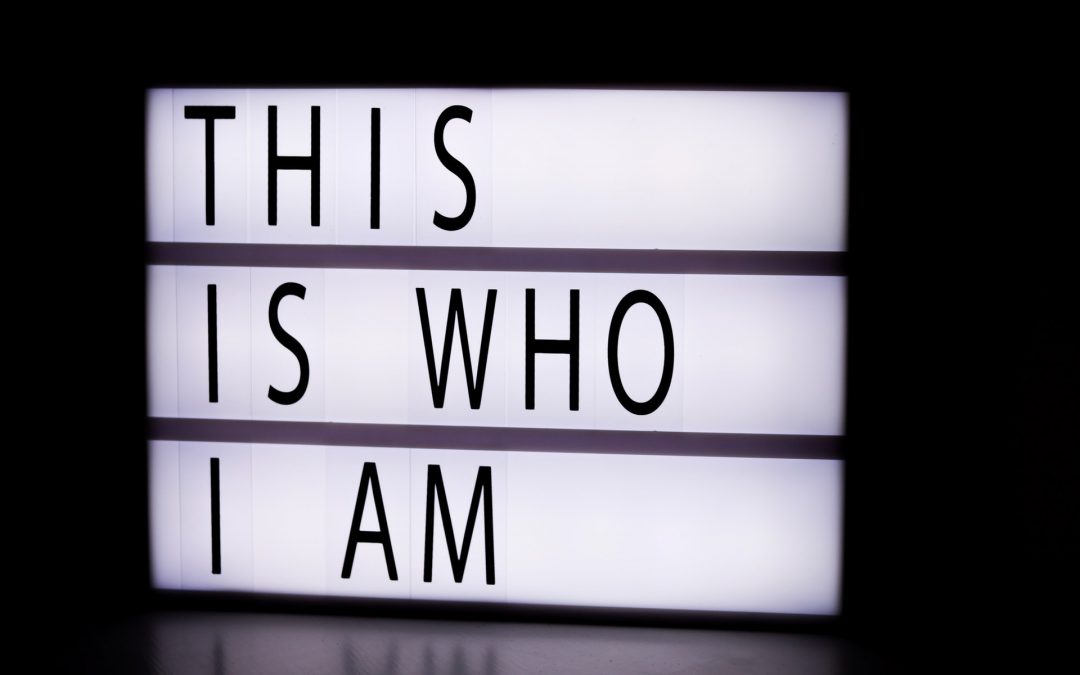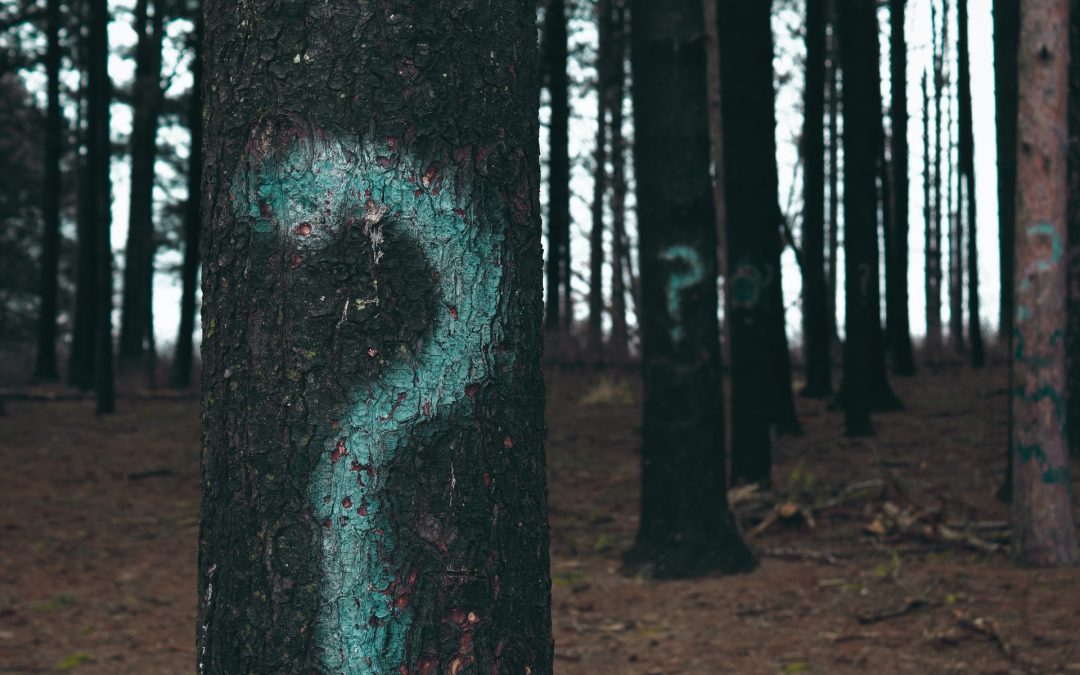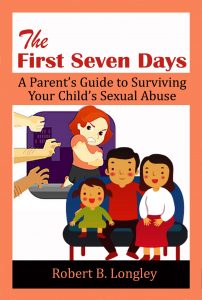Sexual Abuse
Most little girls at some point in their childhood want to be a princess. Sexual abuse often dashes those dreams and leaves many victims settling for less than they deserve. The reality is that sexual abuse robs many children of their dreams, and aspirations to make anything of their life. It’s important for children to know that they can grow up to be just like their heroes. Sometimes it seems more possible when you know that their heroes were sexually abused as well.
If your child is missing a hero they can relate to, I would like to recommend one – although you will probably know her name in the next three weeks. She was born Quanitta Underwood, but everyone just calls her Queen. Her and her sister were both sexually abused by her father. She wasn’t able to fight back as a child, but she is more than making up for it as an adult. She began boxing in 2003 and is now on her way to London to represent the United States as a member of the Olympic Team.
Live Your Dream
Here’s a great quote to from her “One day I’m going to be ‘Queen of the Ring’ and no one will ever hurt me again. One day, I won’t be 12 years old and feeling helpless; One day I’ll be strong and unstoppable.” Maybe your child has a dream like Queen’s?
For now, you can see what it is like to live that dream in the Olympics in a couple weeks. You can follow Queen Underwood at http://livingoutthedream.org?lrRef=W17mk

Sexual Abuse
I recently got sent this picture and it a reminder of the impact children have on our lives. It’s also a benchmark for those of us who’s lives are thrown upside down by sexual abuse. Raising a child has it’s own pressures and sexual abuse only makes it more challenging, and expensive. The cost of abuse to a family can easily add tens of thousands of dollars to the cost of raising a child, and even more over the lifetime of a victim.
Back on Track
Whether you like the “ounce of prevention” analogy, or if you have been around projects you may have heard that identifying problems early makes them cheaper to address. Getting your lives back on track as quickly as possible after the abuse is going to be much less expensive than ignoring the problem. The temptation may be to avoid the problem and try to put it behind you. This is the mistake that many families make. Long term this can be a costly approach since victims can easily descend into addiction, depression, or worse. Families can easily come apart at the seams ending in divorce. Life is complicated enough without having to deal with sexual abuse, but this is the hand we are dealt.
You don’t need to spend years in therapy, but you do need a plan. It doesn’t need to be a good plan, just a plan. You will quickly find that it needs adjustment. Sexual abuse is going to have a cost on your life, but with some planning you can minimize the cost and damage it has on your lives.
Image created by: EarlyChildhoodEducation.com
Let us know if we can help you dealing with your family’s sexual abuse situation. For ideas to get started please check out our book on what to do during the early days after disclosure.

Sexual Abuse
Chances are, your sexual abuse situation will have at least one element that you couldn’t have possibly imagined. Or more likely 5 or 6. Occasionally these head scratchers make the news. Over the past couple of years the Brooklyn District Attorney’s office has had a policy to not disclose the names of Orthodox Jews arrested on sex offense charges. There have been various requests to get the names and details of 85 offenders during the past 3 years which have all been rejected. The rational is that due to the close knit nature of the Orthodox community, that disclosure of the offenders identity could in turn reveal the victim’s identity. Interesting!
The reality is that every community is close knit. In roughly 97% of sexual abuse cases, it is someone the victim knows well. If you take almost any victim and make a list of the people they interact with for at least an hour a few times a year and the name of their offender will be on the list. Orthodox communities are no different. Shielding the names of offenders doesn’t protect the identity of the victim. It allows offenders to be dealt with without public input, and in many cases that structure which allowed the abuse to take place acts to protect itself. Charges are reduced, offenders don’t show up on sex offender registries and abuse is likely to continue.
Protecting who’s identity?
Protecting the identity of offenders also often has a negative impact on the victim as well. Every day the news has stories of victims coming forward years after the abuse. Disclosure doesn’t happen easily for most victims. Usually it takes an event to push them to come forward. Usually it is knowing that someone else is at risk, or that someone else has come forward. It’s often easy to dismiss the claims of one person. It becomes harder when it’s 2,3, or 4 that come forward. This generally won’t happen when details are kept quiet. Offenders are much more likely to be released, charges dismissed, and the victims are left feeling cheated by the system.
Silence in abuse cases allows the conditions that allowed the abuse to continue. Basically the problem doesn’t exist if no one talks about it. In so doing, the reality of the problem continues, and nobody knows how big the problem is. Only about 15% of abuse cases are reported in the first place. Hindering the flow of information only helps keep that number low. This creates a false sense of security for the general public who doesn’t think they have a problem. In reality the only way to not have a problem, is for proper disclosure so the problem can be addressed.
http://forward.com/articles/155197/orthodox-abuse-suspects-get-exemption/
Let us know if we can help you dealing with your family’s sexual abuse situation. For ideas to get started please check out our book on what to do during the early days after disclosure.

Sexual Abuse
If you are a clinician there is an actual answer to this. But if you are a parent, or a victim, the better question is “does why matter in sexual abuse to you?”. Before I go down this path lets look at a somewhat related example. Recently, Army Staff Sgt. Robert Bales was charged with 17 counts of murder for killing civilians in Afghanistan. Evidence is pretty clear, but at the same time Sgt. Bales has no memory of the event. The average person hears the last part and generally thinks that’s a convenient excuse. While it may or may not be the case in your circumstances, sexual assault victims often don’t remember significant aspects of the abuse experience. Additionally, victims will often do things they have no memory of when triggered by some event.
I once dated a girl who tried to get out of the car at 60 mph. I later learned that I had driven by a place where she had been raped several years before. When I told her what she did, I basically got, “I did what?”. Aside from the simple fact of it happening, it was also strange in how it happened. She undid her seat belt and opened the door as casually as if we were parked. I’m sure that me grabbing her and pulling her back in the car was as much of a shock to her as it was to me. At that moment she wasn’t riding in my car, she was somewhere else.
So where was Sgt. Bales when he killed all those people? Was he a trophy hunter out for a little payback? Or was he reliving an incident that happened months ago? Forty years ago, there were more than a few Vietnam Veterans who returned from the war and woke up one morning with their spouse shot or stabbed to death lying next to them. Post Traumatic Stress Disorder (PTSD) is the common label these days, but it has had various names over the years.
There’s still a lot of legal debate as to whether it is an excuse or a reason. As we learn more, we are likely to have a better understanding of what is actually going on in the brain. But try explaining this to an Afghani who’s children were murdered. Diminished capacity caused by PTSD is not an explanation that is likely to play well in that part of the world.
Sexual Abuse Responsibility
So what is an appropriate legal, or moral, response when someone does something unimaginable when their sense of circumstances or reality is altered based on PTSD? I don’t have the answer to this. It creates some legal challenges. As soon as you acquit someone for doing something like this, it quickly becomes the defense of the month for everyone out there trying to get away with crimes. Conversely, if you punish someone for unconscious actions, who are you benefiting? Occasionally you will hear stories of people getting pulled over and arrested for driving naked. They are asleep! Should people be responsible for things they do when they are asleep?
This particular case could get interesting since there are some military regulations that limit personal responsibility if someone has been on duty more than 16 hours. I don’t know if that applies here. I only ever encountered that once while in the military. On the first day of the gulf war I was actually on duty longer than 16 hours and was told that I had to go home. The more you know, the more complicated the issue gets.
Complexity
As complex as the conditions are for PTSD, the conditions as to why someone sexually abuses a child are even more complex. In cases where the abuser is a teacher, priest, or someone else outside the family it’s easy to find blame and to see that person as a predator. In cases of adult child incest, the blame is still there but we tend not to see the predatory aspect of the abuse. It was opportunistic more than planned. The latter of these two examples is actually the more common. Statistically in terms of number of abuse cases, incidents involves siblings, cousins and close friends are actually in the middle of these two groups. This is where things get really muddy.
Lets say that your 7 year old son is being molested by his 11 year old cousin. In most states, juvenile sexual offenses are evaluated on several criteria. These include past incidents, history of abuse, age difference, and degree of planning. I’m greatly oversimplifying but I’m not a clinician, and I’m just trying to make a point. In this example, 4 years difference is often the cutoff when courts look at inappropriate sexual contact as more of a behavioral problem and less of a criminal act. Over the course of the investigation you learn that your nephew is being regularly beaten by your brother-in-law. This is often the most common cause of juvenile’s abusing other’s sexually.
Sexual Abuse is about Power
It has nothing to do with sexual preference or interest in children for sex. It is about reclaiming power by exerting it over someone else. In your case, the older boy isn’t trying to manipulate the people around him to spend time with children, but every time he is beaten, he takes it out sexually on someone younger. This is one of many forms of sexually reactive behaviors. Victims of both sexual and physical abuse are frequently known to simulate sex acts or engage in sexual acts that are non-age appropriate, or out of context with what should be their knowledge of sexual activities at their age. In many cases the victim in one set of circumstances becomes the offender in another.
Regardless of your circumstances, it is probably as complex as any scenario I could outline here. In almost all circumstances involving adults, my personal feeling is that “why” is not important. The difference between us as adults, and lower forms of animals is apposable thumbs and the ability to control our sexual impulses. Adults should be held responsible for their actions.
The line is less black and white when it comes to children as the offender. If this applies to your situation, you may or may not come to see more than one victim. Children are rarely predatory, most times they are just acting out a response to their own abuse. I don’t know if that fact is likely to make you feel any better about the event. It may make you see that it is part of a more complex series of events. You may even be able to believe that your offender is sorry.
Let us know if we can help you dealing with your family’s sexual abuse victim situation. For ideas to get started please check out our book on what to do during the early days after disclosure.

Sexual Abuse
survival has different definitions when it comes to life changing events. If you come out of a battle, plane crash, or tornado and are still in one piece and breathing that’s probably the most obvious level of survival. Obviously, this is a must from a perspective of continued existence. So the dust clears and you have lived to see another day, does this make you a survivor?
Let’s fast forward a few months or maybe a year. Is life back to business as usual? Or maybe you are drinking more, sleeping less, or just not able to concentrate as well as you used to. Conversely, maybe you have realized that you have been given a second chance that others didn’t get and that you need to do something with it. Has this event become a weight on your life. Or a foundation for you to build the rest of your life on?
Looking at the event a different way, do you see the event as being in the past. Or is it something that you see echoed in your daily activities, or as something that is destined to happen again? This is where the definition of survivor starts to get murky.
Different Types of Trauma
There are an unlimited combinations of experiences that people have after a traumatic event. When I was 17, I had a helicopter crash in back of my house. I was the only one there, and I was not successful in rescuing either of the occupants. It’s a very vivid image even though it happened over 35 years ago. Other than declining a couple helicopter rides over the years, it hasn’t altered the direction of my life, or how I interact with the world. Maybe it’s me, or it could be my perception of the likelihood of the event happening again.
With sexual abuse, the physical act, setting or participants are likely to present themselves in some context in the future. This is why sexual assault victims tend to relive their experiences more than others who experience traumatic events. With my helicopter incident, there are very few things that I associate to the event. With the various abuse incidents I am most familiar with, there are regular common reminders that often trigger a reaction.
Types of Survivors
So what type of survivors do you have in your family? Have you moved past the event, or is it something that follows you around waiting to be relived? Or better still have you built upon the experience and become a person that others look up to? I’ve learned over the years that often times the people who have lost the most are the ones who grew the most from the experience. We don’t have choices about the events that happen to us, but we do have choices about how we respond to them. Once you can answer the question what type of survivor you are the important question to ask is, what type of survivor do you want to be?
Let us know if we can help you dealing with your family’s sexual abuse victim situation. For ideas to get started please check out our book on what to do during the early days after disclosure.






